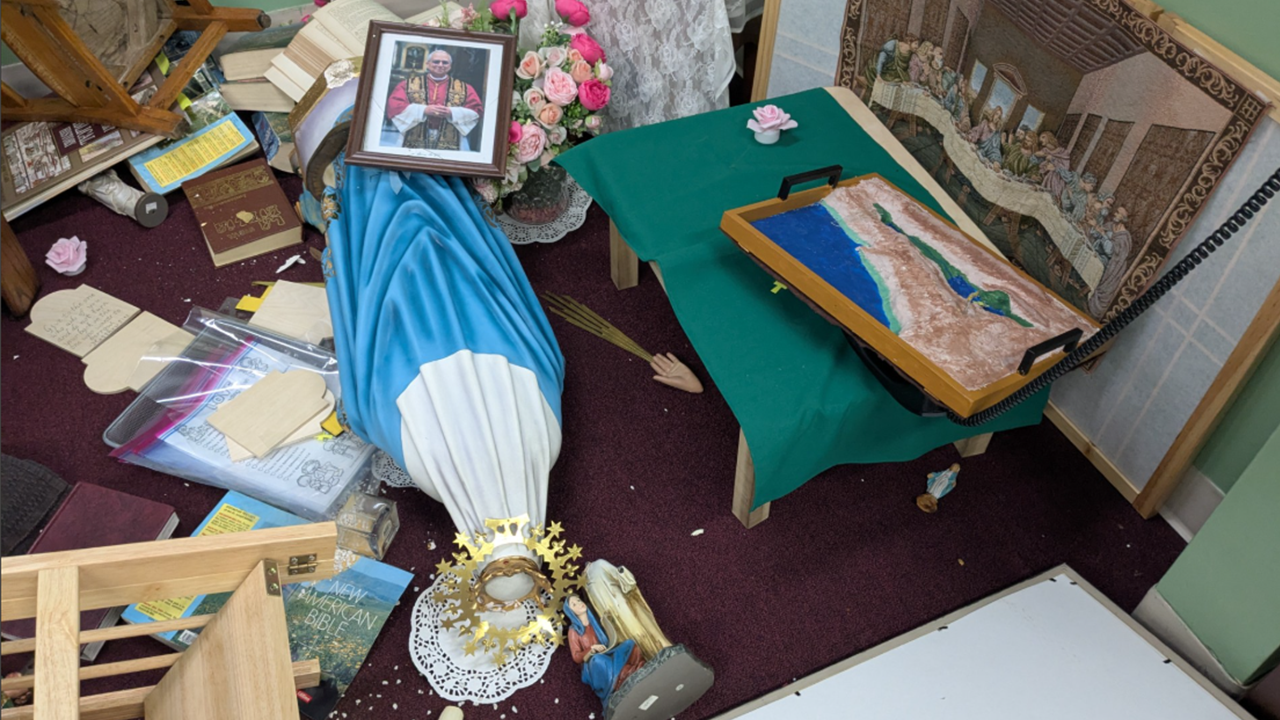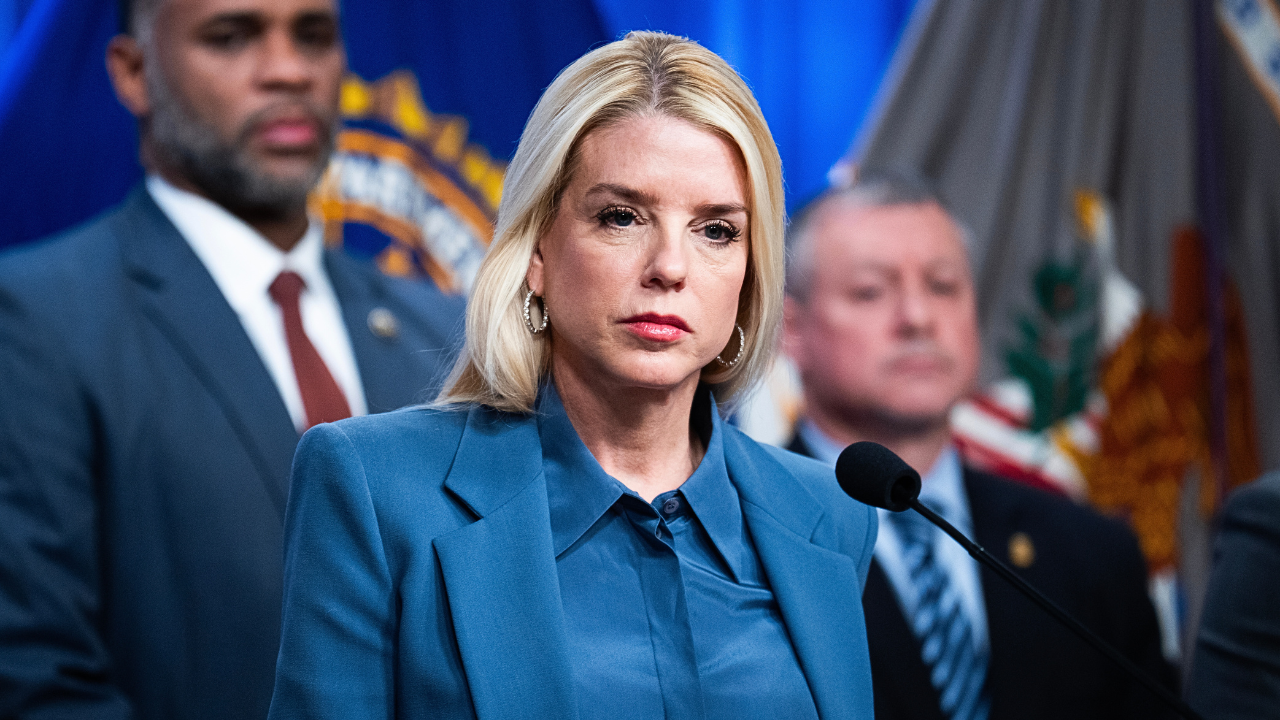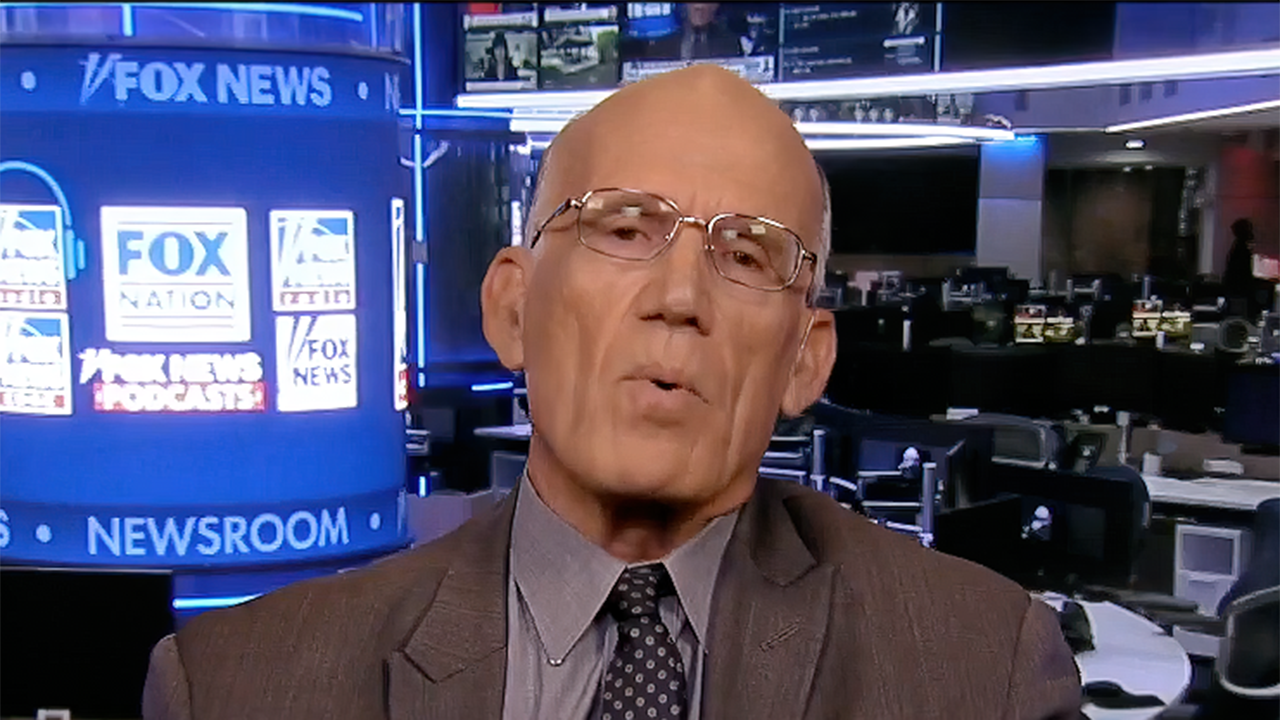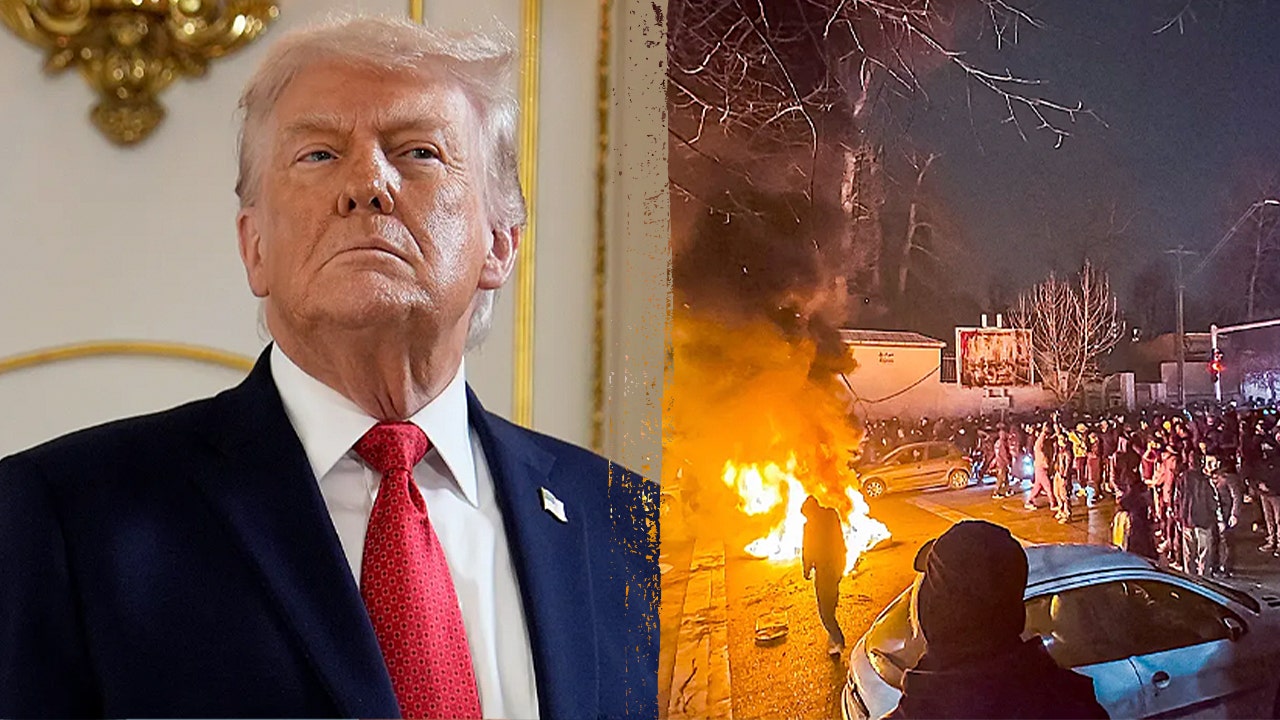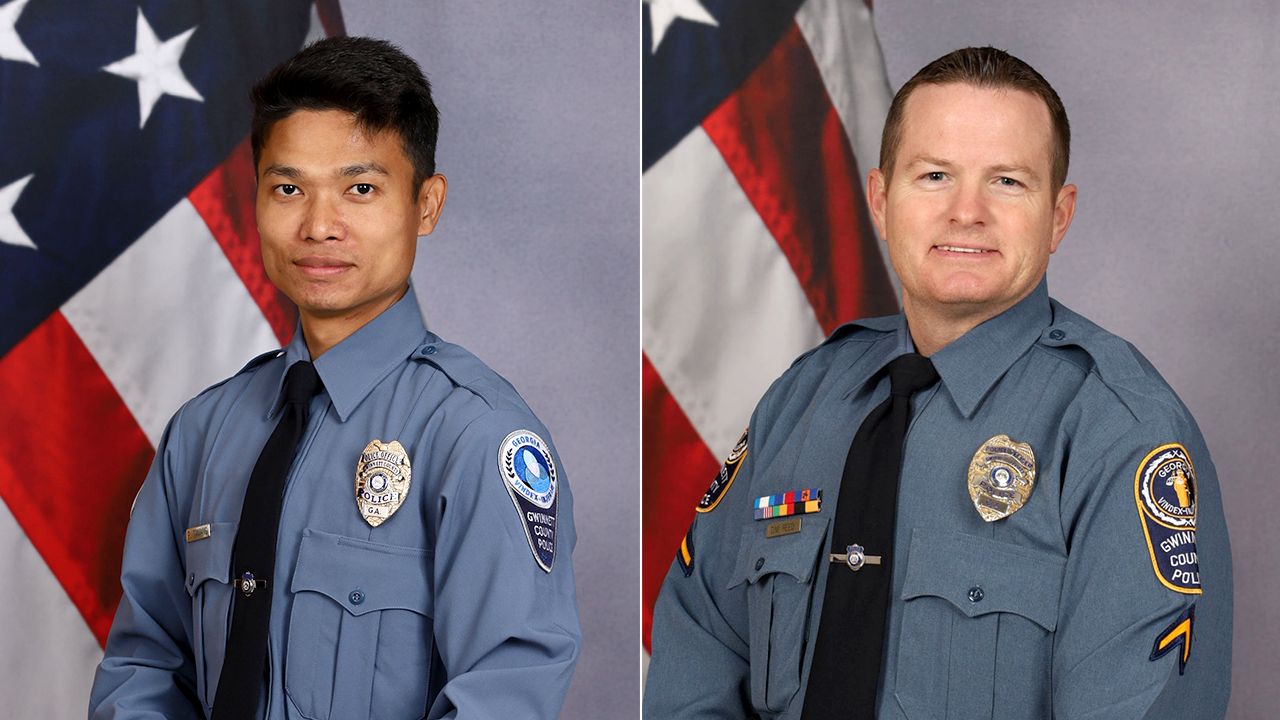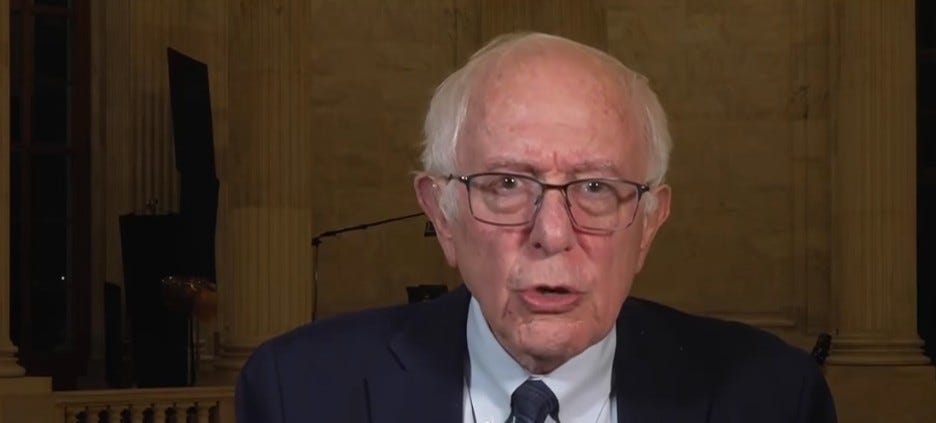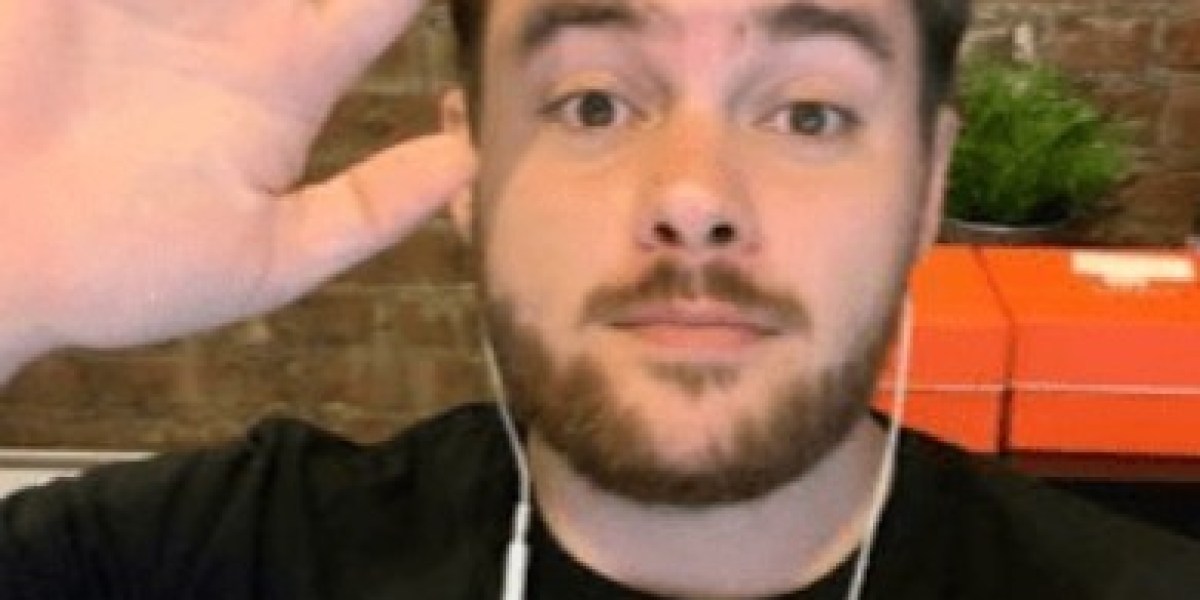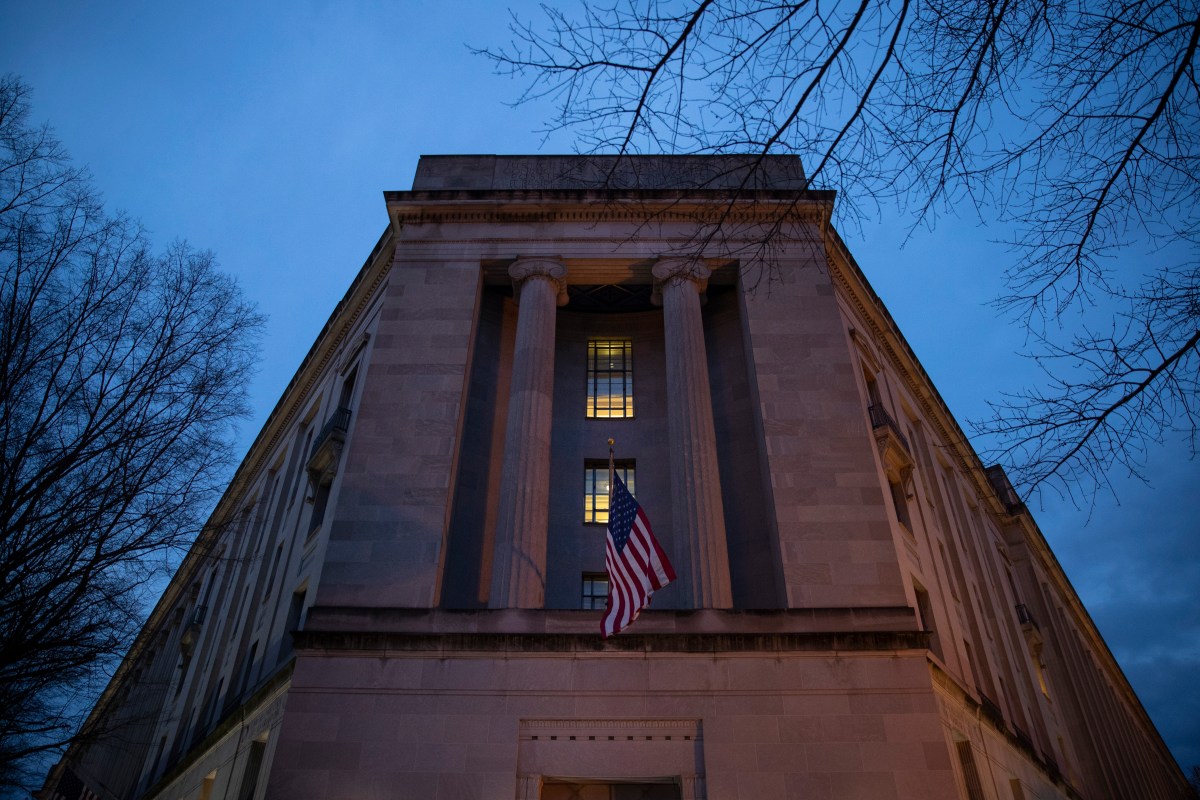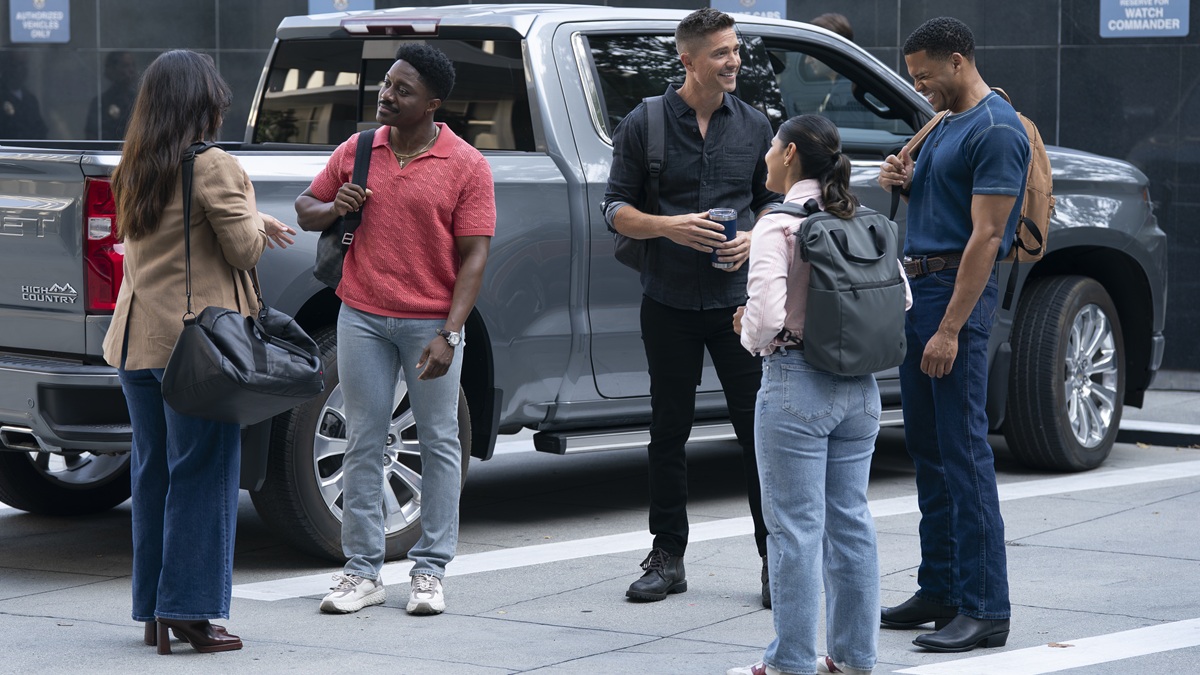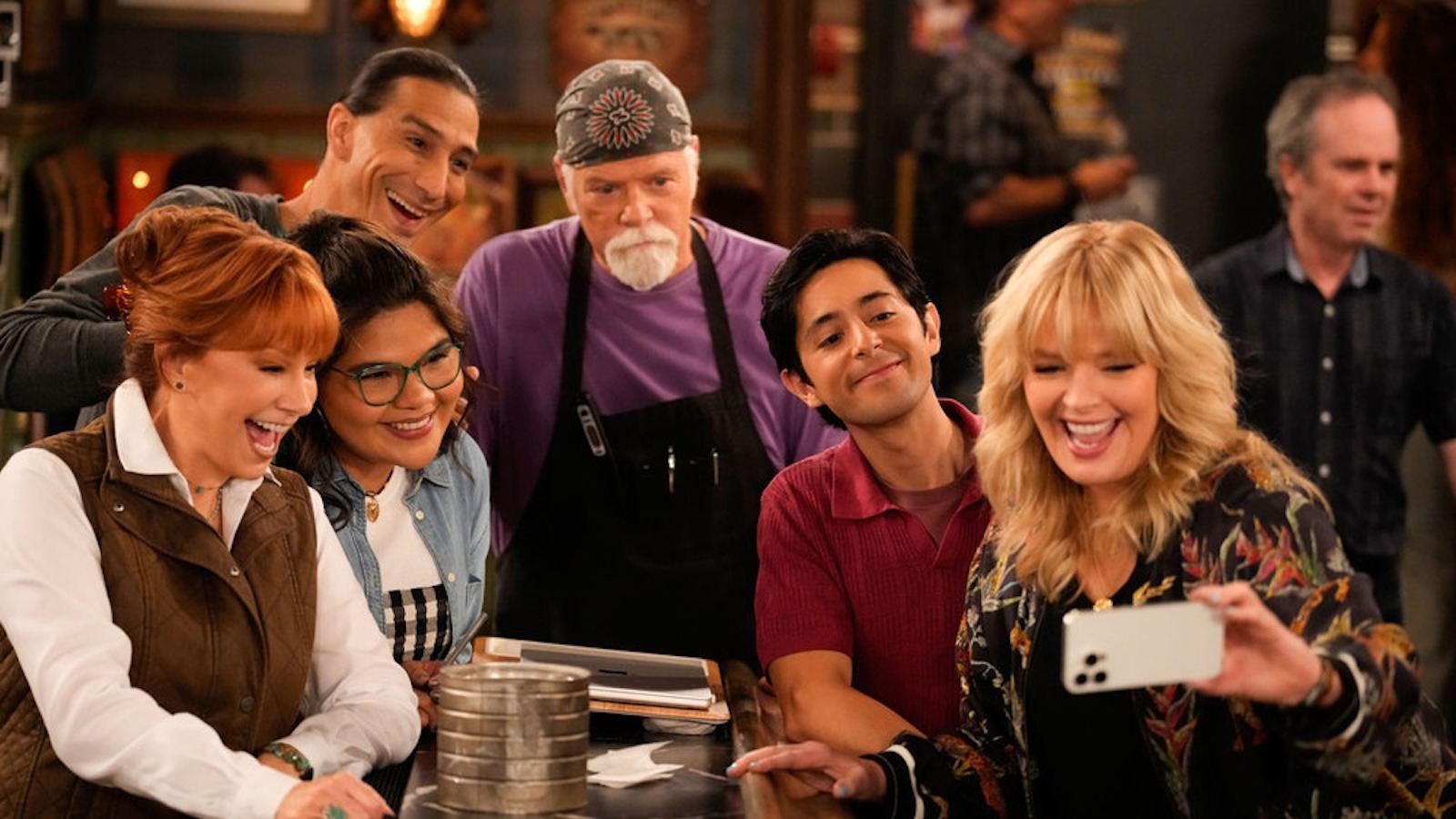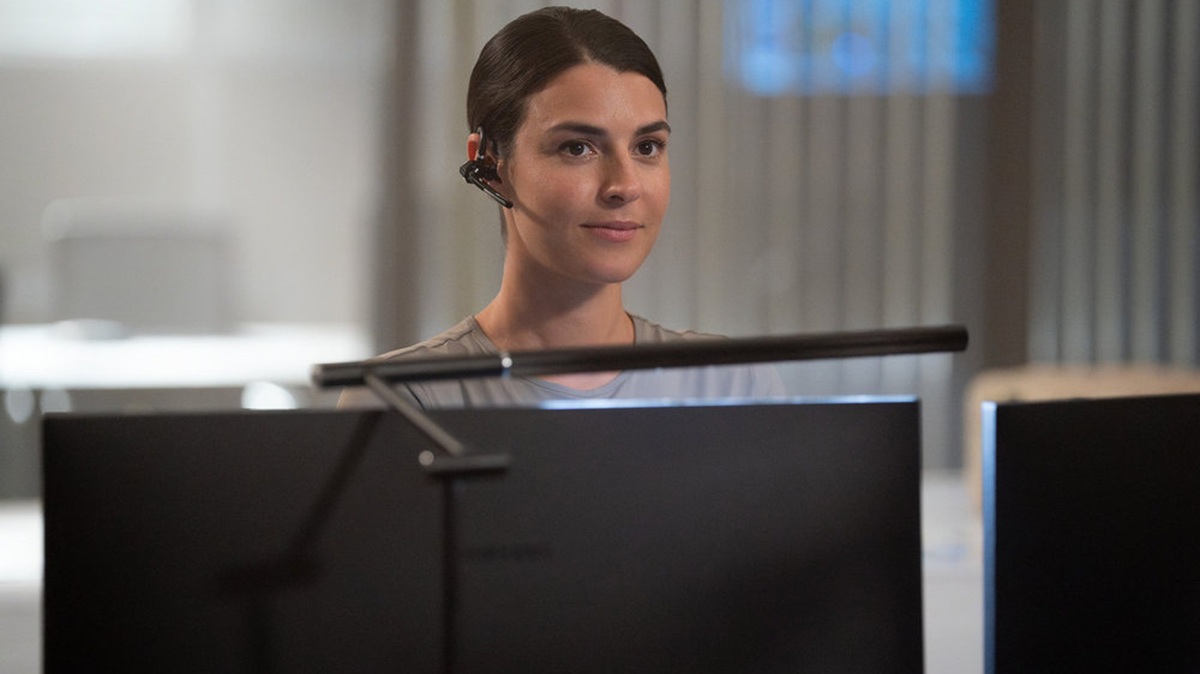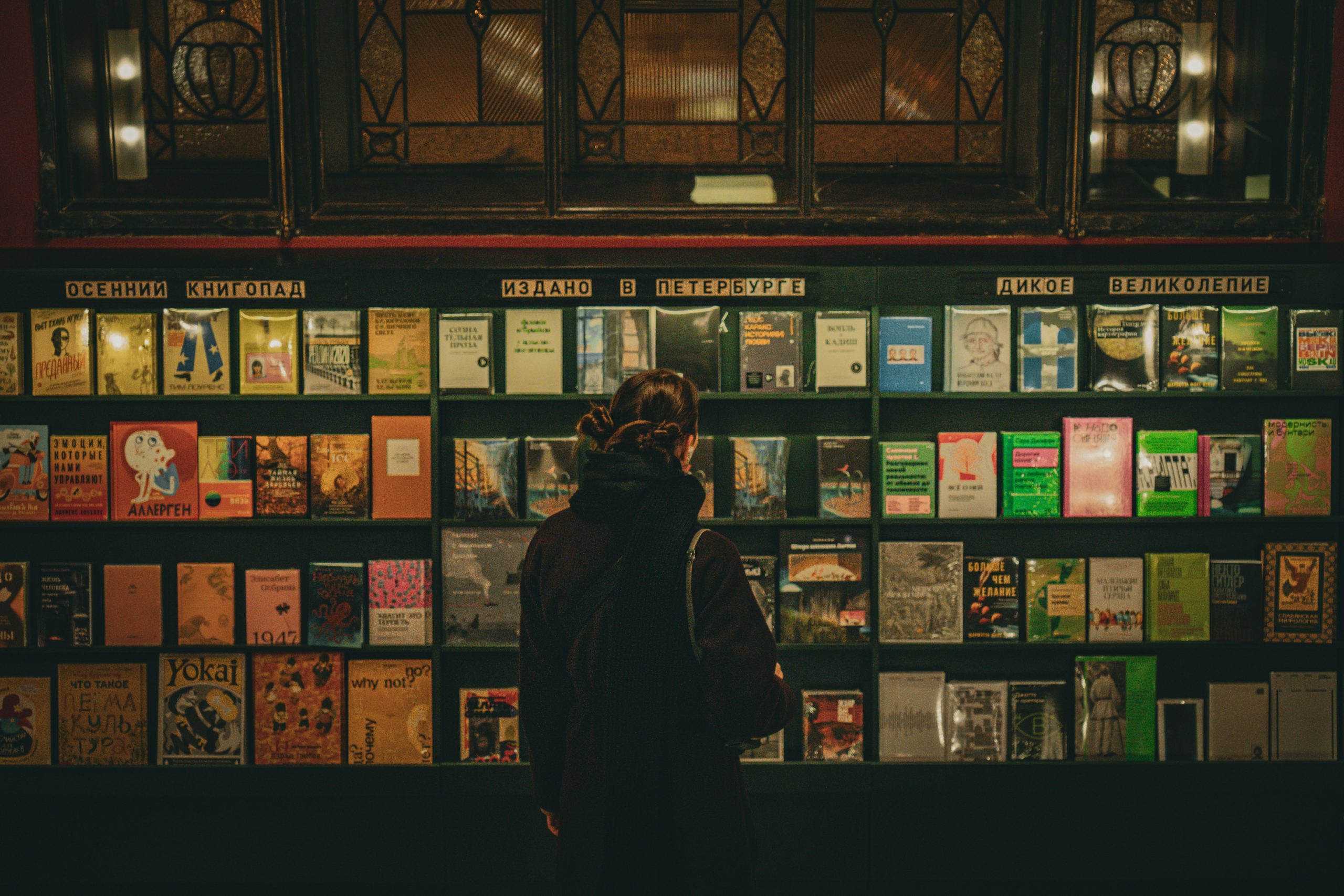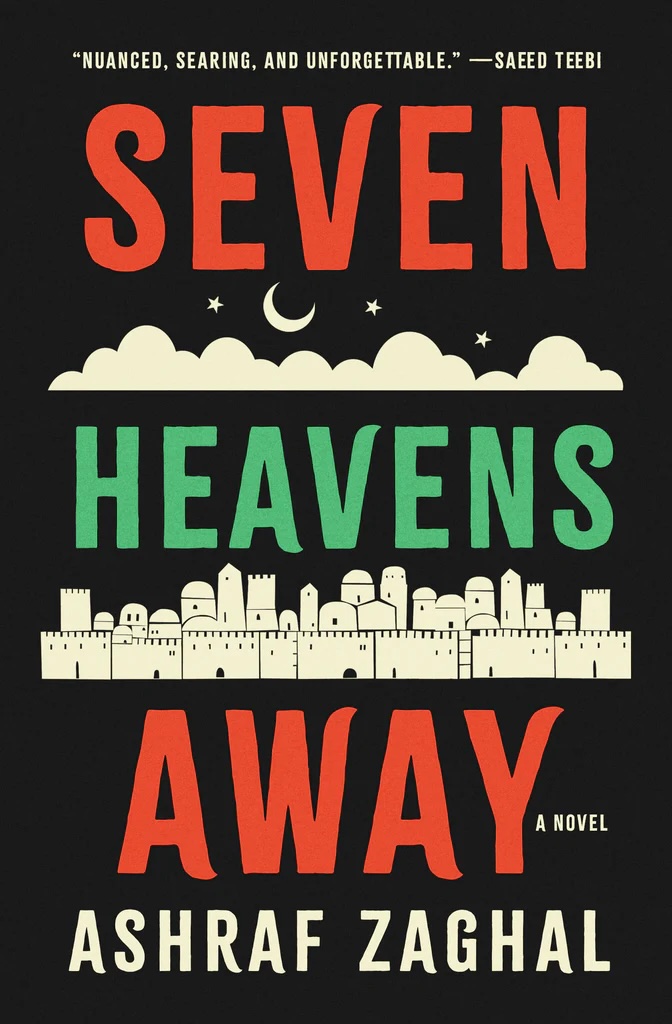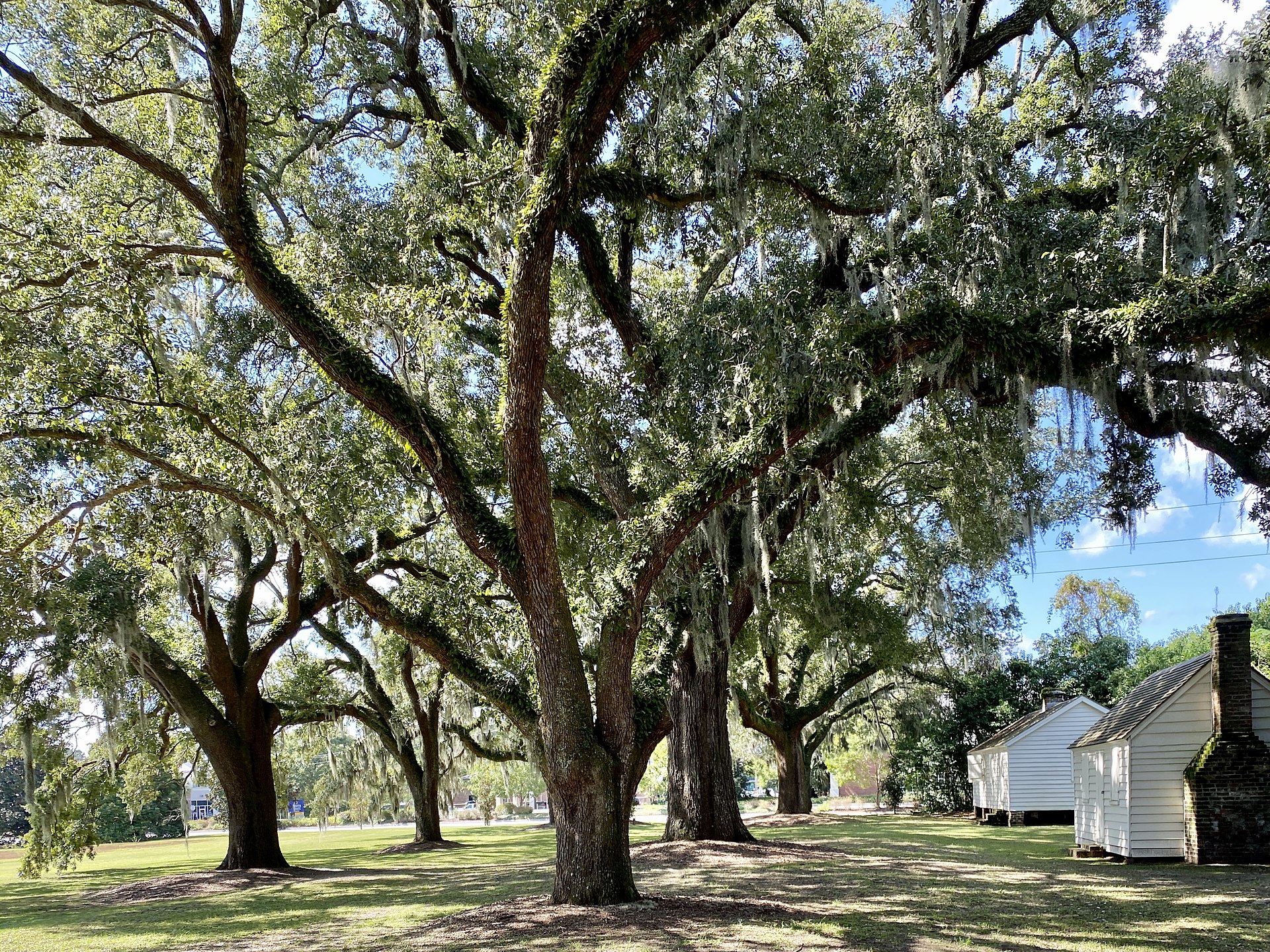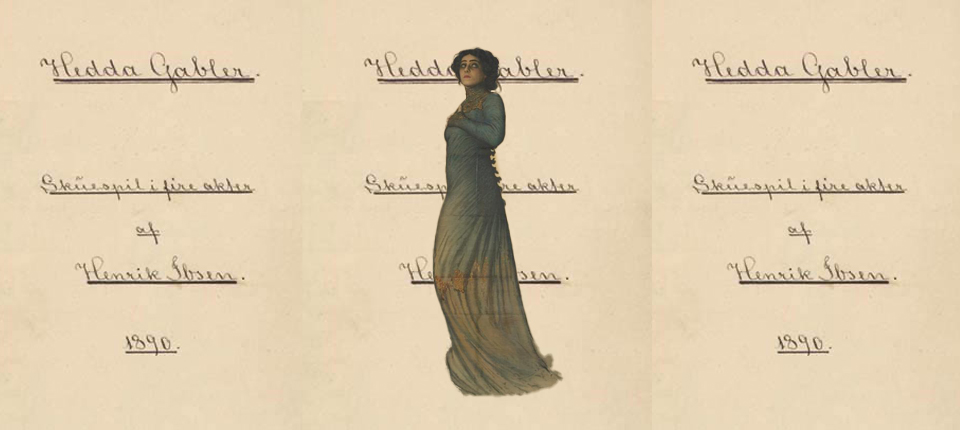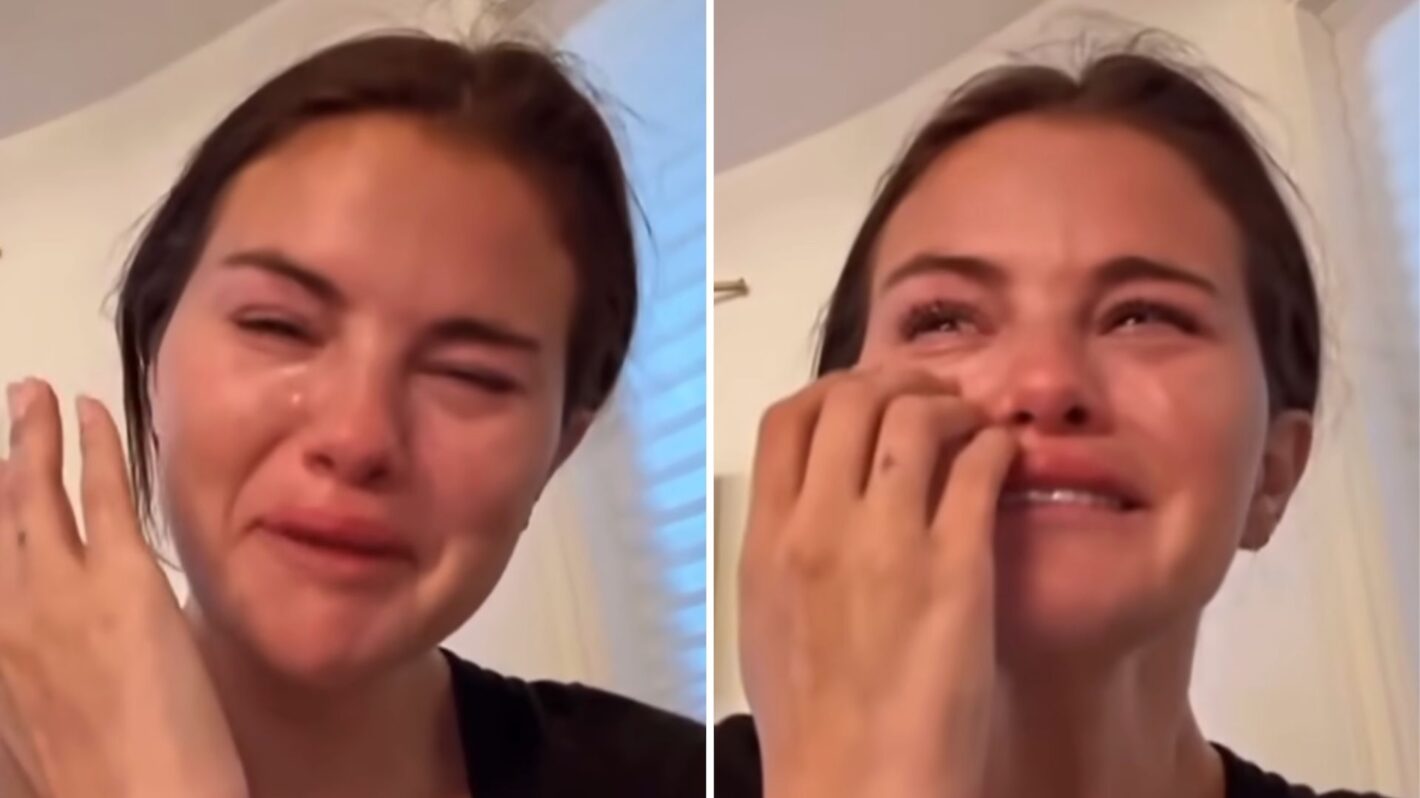For the past two years, the novelist Alice Elliott Dark has been sending out missives on the writing and reading life via her popular weekly Substack, “Alice on Sunday.” But this March, Dark applied her platform to a curious task: recapping and analyzing old episodes of HBO’s Girls.
The project began when Dark responded to an Instagram query from another author, friend, and Lit Hub contributor—Lynn Steger Strong. On discovering they were both fans of Lena Dunham’s late lightning rod, Dark and Strong decided to embark on a co-rewatch. The authors pondered Girls on their respective Substacks before coming together in an email conversation centered around the final season. The resulting correspondence amounts to a series of essays close-reading the show’s “novelistic” elements.
Conducted on both “Alice on Sunday,” and Strong’s excellent Substack, “Practicing,” this time-traveling conversation gives podcast vibes. (One pictures Dark and Strong gossiping about Hannah Horvath’s misadventures over martinis.) And as the authors are both self-identified fans of the series, their letters are less critical than joyful, as a rule. But that’s not to say they’re lightweight.
Dark and Strong grant Girls a full literary analysis—as in this letter, from Dark, praising the characters’ introductions. Elsewhere, they compare and contrast the show’s central foursome to characters found in novels by Edith Wharton, Paula Fox, Toni Morrison, and Jane Bowles. For a perhaps-particular fan of the femme coming-of-age story, the whole project is endearing in its depth and particularity. But I wondered about the call to revisit this specific—and already much-dissected—cultural property.
When I reached out, the authors shared that they were called to the show because they were baffled by all the negative critical reception at the time of its release. “I had this vague memory of not being sure if I was allowed to like Girls when it first came out,” Strong wrote. Dark was also “truly taken aback,” by some of the ill-will Dunham incited.
As a Millennial living in Greenpoint (and traveling on Vulture’s internet) in 2012, I remember that critical clap-back well. And sure, it does look distended in hindsight. Though there are things to criticize about Girls and its creators, many takes on its construction veered into bad faith—that is when they weren’t busy being flagrantly sexist. The fact that the letters don’t often discuss the show in the sickly light of its reception is one of the project’s great pleasures. Examining the series apart from all its cultural freight helps us see its strengths; at a distance (and abetted by the guiding hands of two sharp analysts) one can better admire the show’s mastery of tone, and the canniness in its depiction of characters who both defy and embrace type.
For both authors, the Girls letters also sprang from a recurring interest in the show’s major themes. “I’ve been thinking a lot lately about time and what it does to women’s relationship to femininity, identity, friendship, and judgment,” Strong wrote. And Dark, who’s latest book Fellowship Point depicts a decades-long female friendship, was also drawn to the series out of love for stories about women and girls.
Yet Dark is leaving the rewatch with more than fond memories. “What I am most carrying away from the show is excitement about long form structure,” she told me, “and an abiding fascination for how the carefully written and rendered can evoke life so well.” Inspired by the slow-cooker construction of a six-season episodic, Dark is revisiting an urge to try her own hand at a six book series—“about periods in a person’s life not unlike my own.”
That’s a happy accident, because the letters were not designed as homework. Both writers emphasized the pure pleasure of this exercise, and in her first letter, Strong assured her readers that the rewatch was “meant only as something to read when you need to not look at the awful for a while.” And though we might quibble about whether the word ‘awful’ applies de facto to being twenty-four (who can forget this clip, from Hannah’s trip to the ob-gyn?) that impulse feels on the money.
If you’re also in the mood to leave this timeline, I recommend glancing backward with these two great friends.

